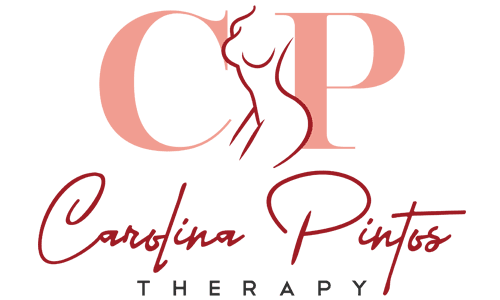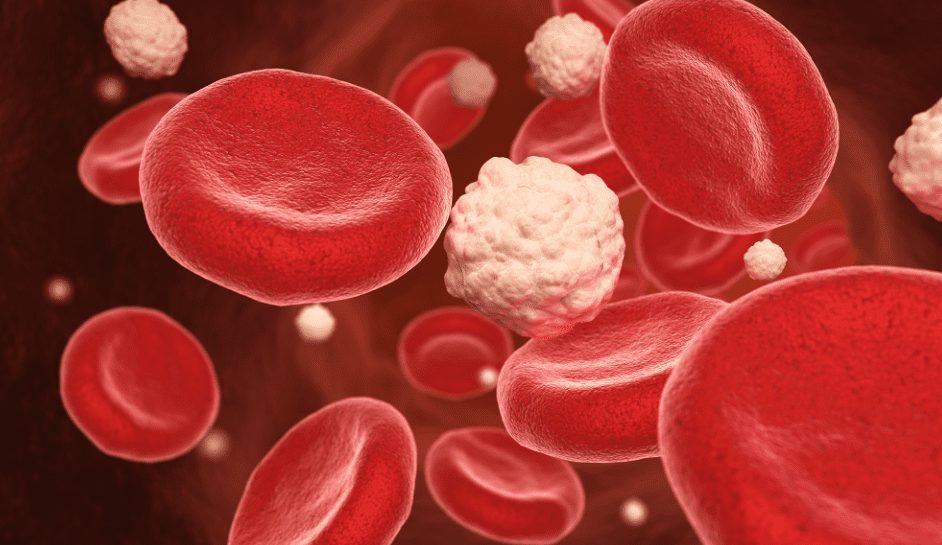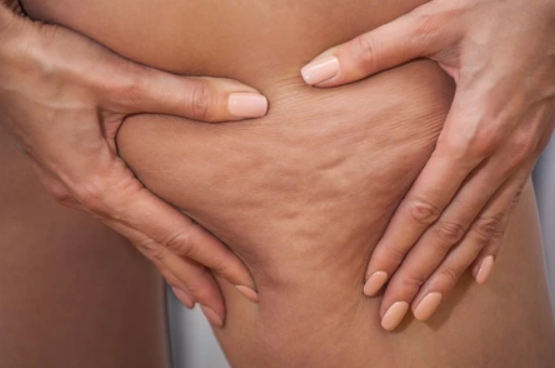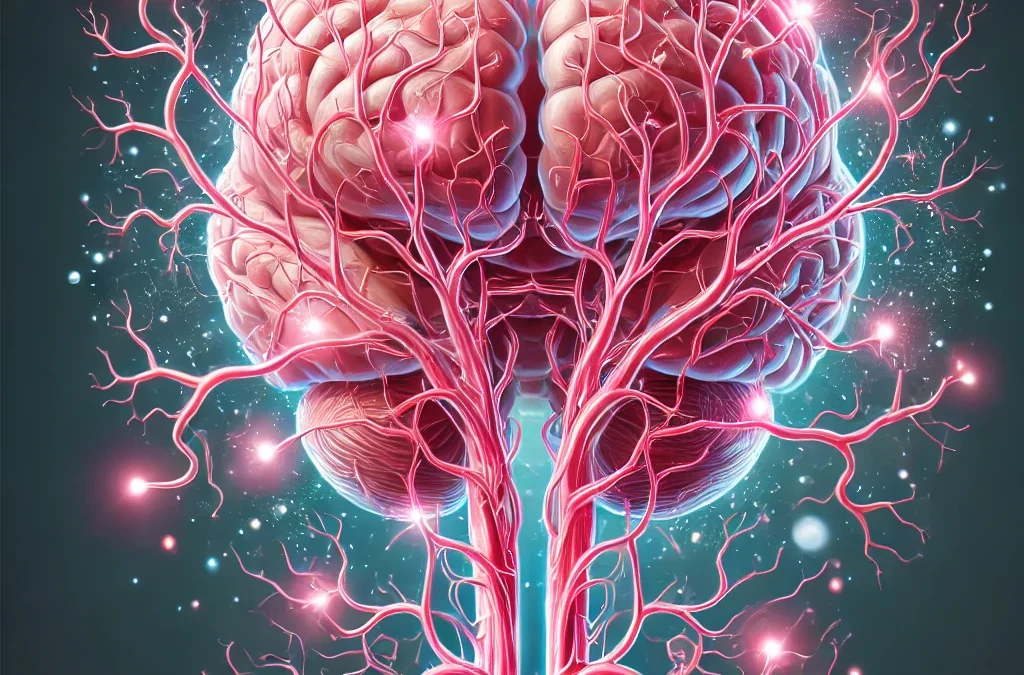Plastic surgery is a powerful tool for enhancing physical appearance and boosting self-esteem. However, the post-operative recovery process is a critical determinant of the surgery’s success. Alongside diligent wound care and adherence to the surgeon’s instructions, the patient’s diet can significantly influence post-plastic surgery recovery. This article will explore the detrimental effects of a high-sugar diet on post-plastic surgery recovery and discuss how a balanced diet, rich in protein and abundant in fruits and vegetables, can facilitate recovery.
The Detrimental Impact of High-Sugar Diets on Post-Plastic Surgery Recovery
Protein glycation, a process where sugars bind to proteins in the body, can negatively affect post-plastic surgery recovery. A diet high in sugar leads to excess glucose in the bloodstream, which can bind to skin proteins, resulting in the formation of advanced glycation end products (AGEs). AGEs can cause collagen and elastin in the skin to become stiff and brittle, leading to wrinkles, sagging skin, and other signs of aging. In the context of plastic surgery, a high-sugar diet can hinder the body’s ability to heal and regenerate, leading to a slower recovery process and suboptimal results.
The Role of a Balanced Diet in Enhancing Post-Plastic Surgery Recovery
Conversely, a balanced diet rich in protein, low in sugar and sodium, and abundant in fruits and vegetables can expedite post-plastic surgery recovery. Protein is vital for new tissue formation and can aid faster healing. Moreover, limiting sugar and sodium intake can help reduce inflammation and swelling, thereby facilitating the body’s repair process. A balanced diet that provides all necessary nutrients can support the body during the healing process and contribute to achieving optimal results.
The Importance of a Healthy Diet for Optimal Post-Plastic Surgery Recovery
If you’re planning to undergo plastic surgery, it’s crucial to discuss your diet with your surgeon, as it can significantly impact the recovery process. Your surgeon may recommend specific dietary changes or supplements to support your body during the healing process. Additionally, consulting a nutritionist or dietitian can help create a diet plan that provides all the necessary nutrients for recovery without risking any unwanted side-effects.
Conclusion
A high-sugar diet can negatively impact post-plastic surgery recovery by contributing to protein glycation and inflammation. To promote a speedy recovery and optimal results, it’s best to maintain a balanced diet that is rich in protein, low in sugar and sodium, and abundant in fruits and vegetables. Alongside post-surgery massage treatments, a balanced diet, combined with proper wound care and adherence to the surgeon’s instructions, can ensure a smooth recovery process and beautiful results.
Sources
- Rajamma, U. et al. (2012). Advanced glycation end products and their role in skin aging. Clinics in Dermatology, 30(4), 441-6.
- Mcguire, J. et al. (2016). Nutrition and Wound Healing. Nutrients, 8(10), 647. American Society of Plastic Surgeons. The Role of
- Nutrition in Plastic Surgery Recovery. Kishore, B. et al. (2013). The Relationship between Nutrition and Wound Healing. Journal of
- Clinical and Experimental Dermatology Research, 4: 165. Eppley, B. (2006). The Impact of Inflammation on Plastic Surgery
- Recovery. Plastic and Reconstructive Surgery, 118(7 Suppl): 71S-77S. Souidi, M., T. Parquet, C. Durand, and C. Lutton. (2005).
- Effects of feeding whole blue lupin seeds (Lupinus angustifolius, cv. Sonet) on cholesterol metabolism and biliary bile acid composition ingrowing pigs. Link
This writing is the original and exclusive property of Carolina Pintos and is protected under copyright law. Unauthorized use of the same without the express consent of Carolina Pintos will be subject to prosecution under applicable laws.






